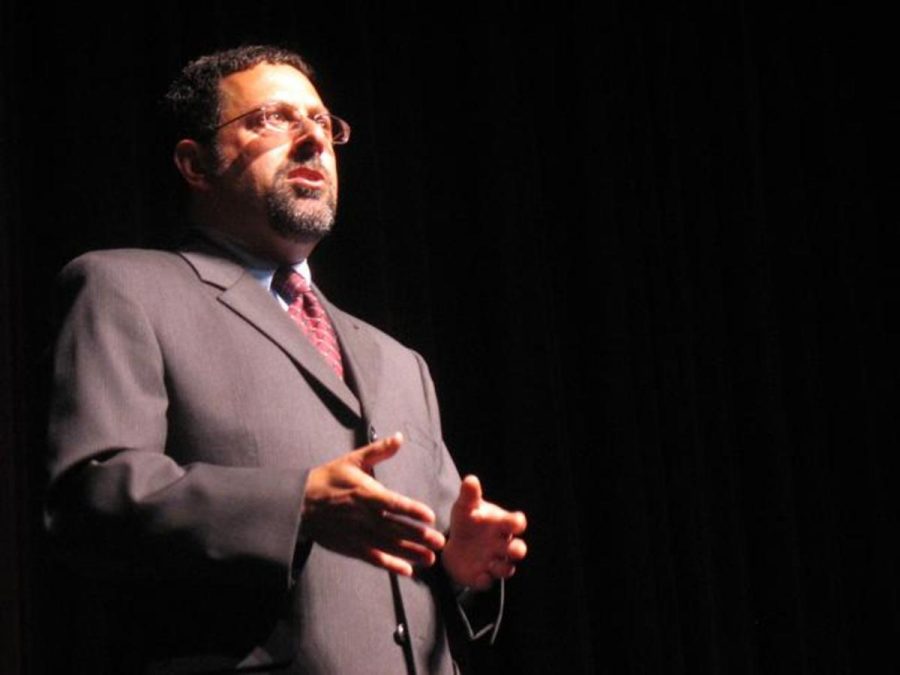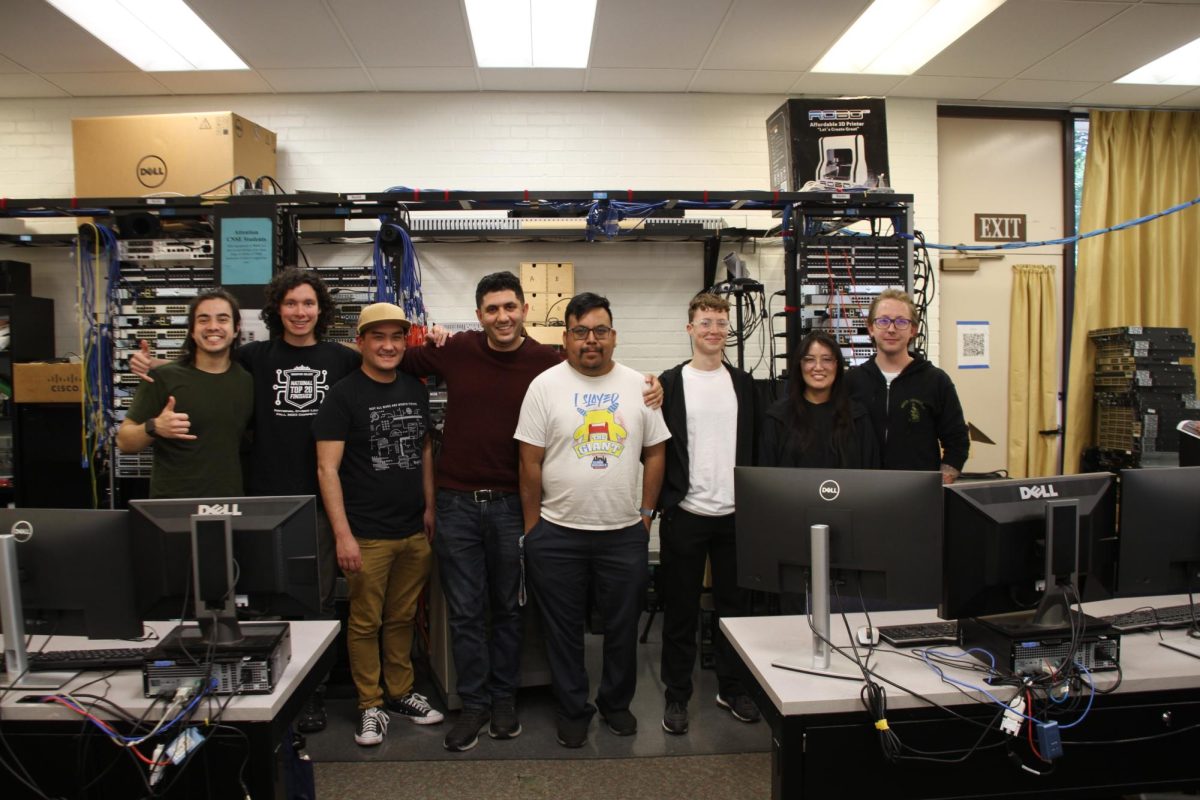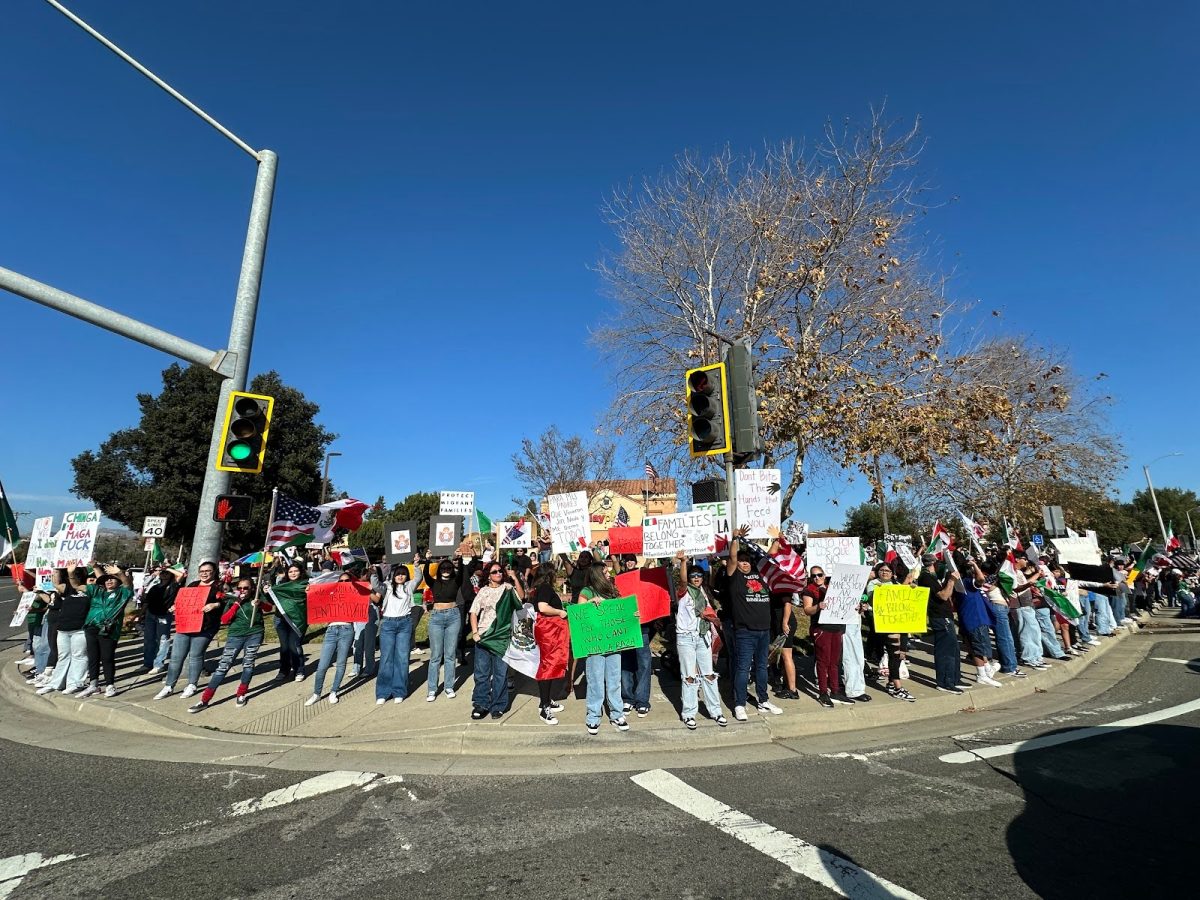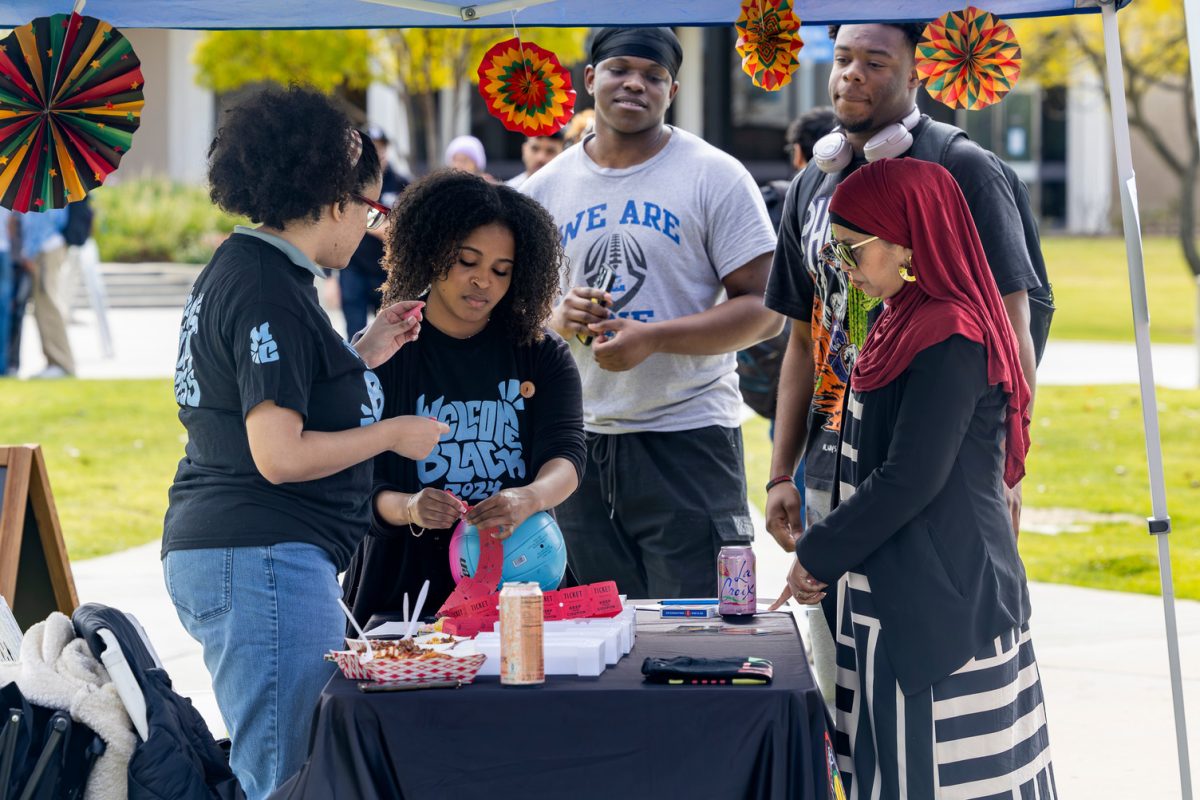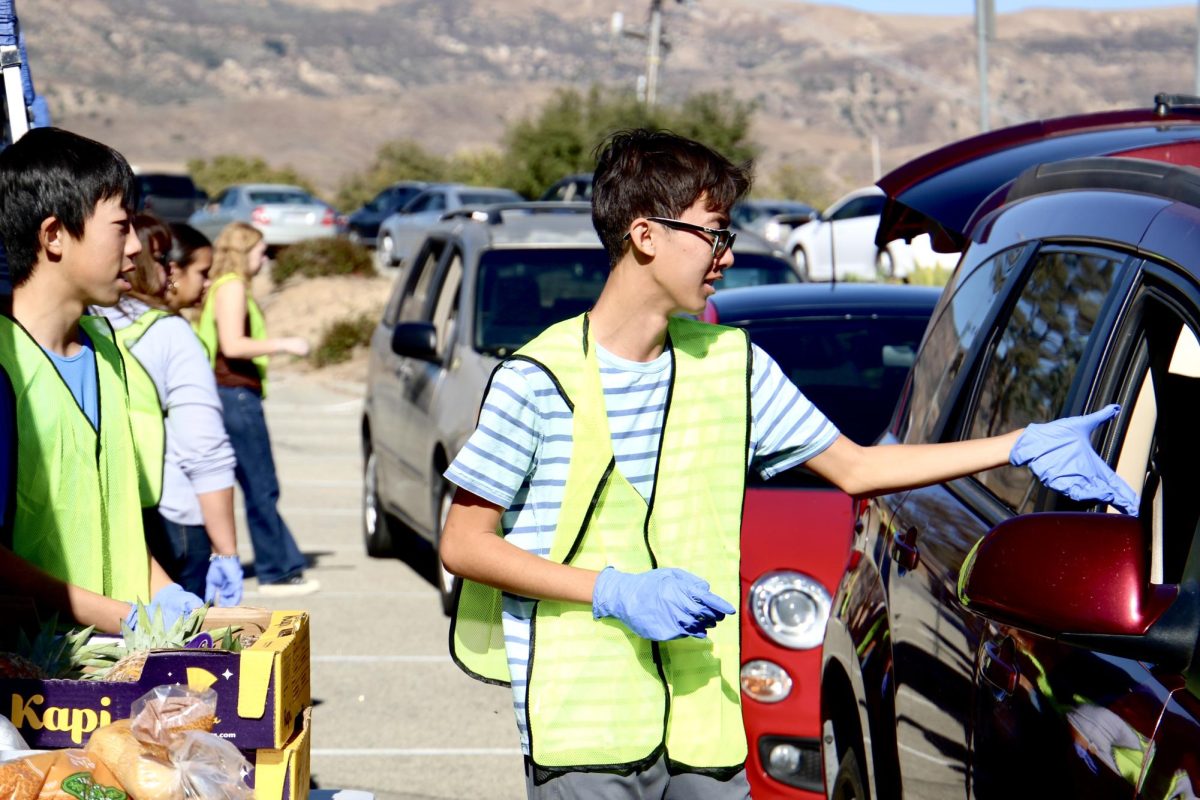The new frontier in litigating Civil Rights cases in the current and coming century will revolve around the ongoing question of what constitutes a human, Ventura County Deputy District Attorney Michael Lief said at a recent talk at Moorpark College.
Lief said all the big work has been completed in Civil Rights law, with such influential cases as Brown v. Board of Education, Plessey v. Ferguson and Roe v. Wade. Now, he stated, the big cases will begin to turn on whether an animal injected with human DNA should be protected under Civil Rights law, or whether an ape who learns sign language and has the mental capacity of a small child should therefore be protected with civil rights.
Lief emphasized that the Constitution protects the rights of the individual, which ultimately meets the needs of the many.
“Civil rights are the purest form of individual expression,” he said. “Yet somehow, in a messy, often volatile establishment, they cut to the core of our democracy.”
Lief enlightened a small crowd of students and faculty during a midday lecture on Sept. 29 in the Performing Arts Center as part of the Year of Democracy series at Moorpark College. The Year of Democracy is a series of speakers and events designed to engage and enlighten students during an important national election year.
Keeping a small crowd enticed, Lief discussed the meaning of civil rights, including its social impact on our government.
Lief discussed the importance of such cases as Plessey v. Ferguson, which established the “separate but equal” doctrine that made it legal to segregate blacks from whites as long as facilities were considered “equal.” Lief said that subsequent rulings helped eliminate racial segregation. He explained, the broadest, most sweeping forms of discrimination have been eliminated with other cases, like Brown v. Board of Education, which struck down the “separate but equal” doctrine.
Lief discussed the importance of Clara Shortridge Foltz, and her role as the first woman to practice law in California, breaking the gender barrier that long limited the role of women.
Although it may appear somewhat laughable to think that a woman would have to prove her right to work outside the home in order to practice law, Lief said, the 19th Century was a different culture with pre-determined social and gender roles. Lief used this case as a stepping-stone for his emphasis on the important civil rights cases and movements that would later come in our nation’s history.
He said that now the important cases that will be decided will deal with whether a pig, for instance, that has human DNA, so it can produce organs for humans, should have any protection. He even asked the ultimate question about extraterrestrial species, and whether, once there is interplanetary space travel, those alien visitors would be able to have the basic Civil Rights humans possess. He later explained that Foltz’s early work helped start our nation down this path.
“Foltz helped America realize that our nation was founded on the rights of the individual rather than of the many,” he said. “In a way, this is why civil rights is so important because it helps our government understand that the rights of the individual meet the needs of the many.”
A former journalist, Lief has written several books about important civil liberties cases, including “The Walls Came Tumbling Down.” His expertise on the field gave students insight on the topic, helping them gain an understanding on the importance civil liberties had and continue to have on our nation’s democracy.
For more information on future events, call the Office of Public Relations at (805) 378-1431, or visit the Moorpark College website at www.moorparkcollege.edu/Yearof.

